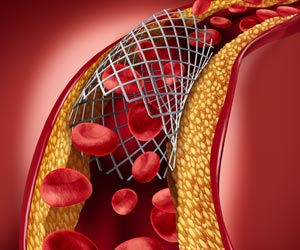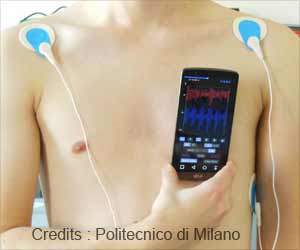US-based Ventana Medical Systems engineers has developed a different type of system than what exists out on the market to diagnose tissue infections.

"We have developed a completely different type of system than what exists out on the market," said Dustin Harshman, scientist at US-based Ventana Medical Systems, a global leader in tissue diagnostics.
"We want to see physicians get diagnostic information more rapidly and prescribe better initial therapies," Harshman said.
The device's novel approach to molecular diagnostics, called DOTS qPCR, is faster, more efficient and less expensive than alternatives currently being used in clinics, the study said.
The doctors' ability to act quickly and correctly not only makes a difference to the patient's outcome, it determines whether the infection spreads to other patients in the clinic, and can even contribute to the development of drug-resistant bacteria.
Pathogens and infectious diseases are typically detected using a technique called polymerase chain reaction, or PCR.
Advertisement
The researchers believe that the new technology will transform the operations of hospital emergency rooms, where saving time to diagnosis translates into saving lives.
Advertisement
The findings were detailed online in the journal Science Advances.
Source-IANS










